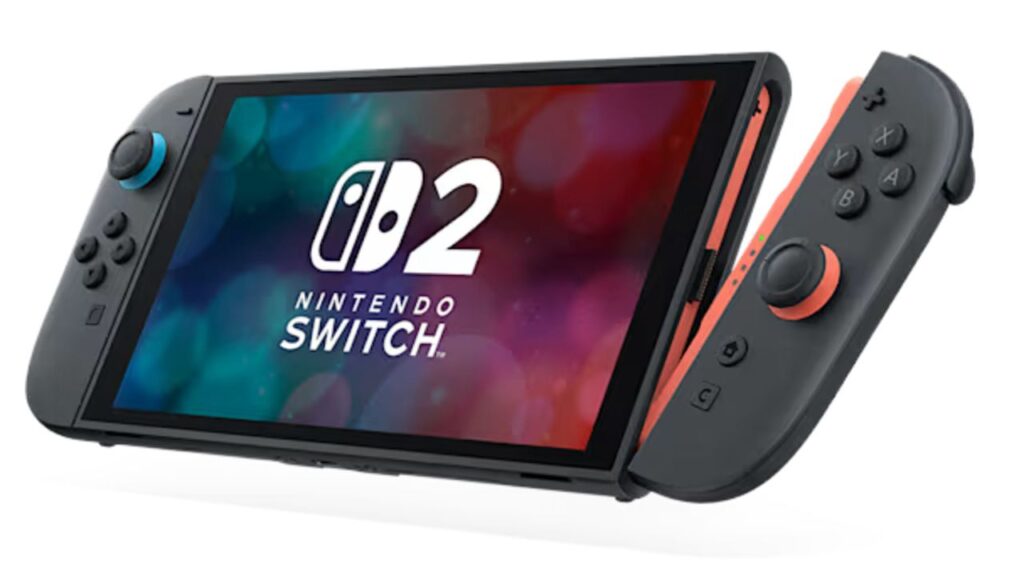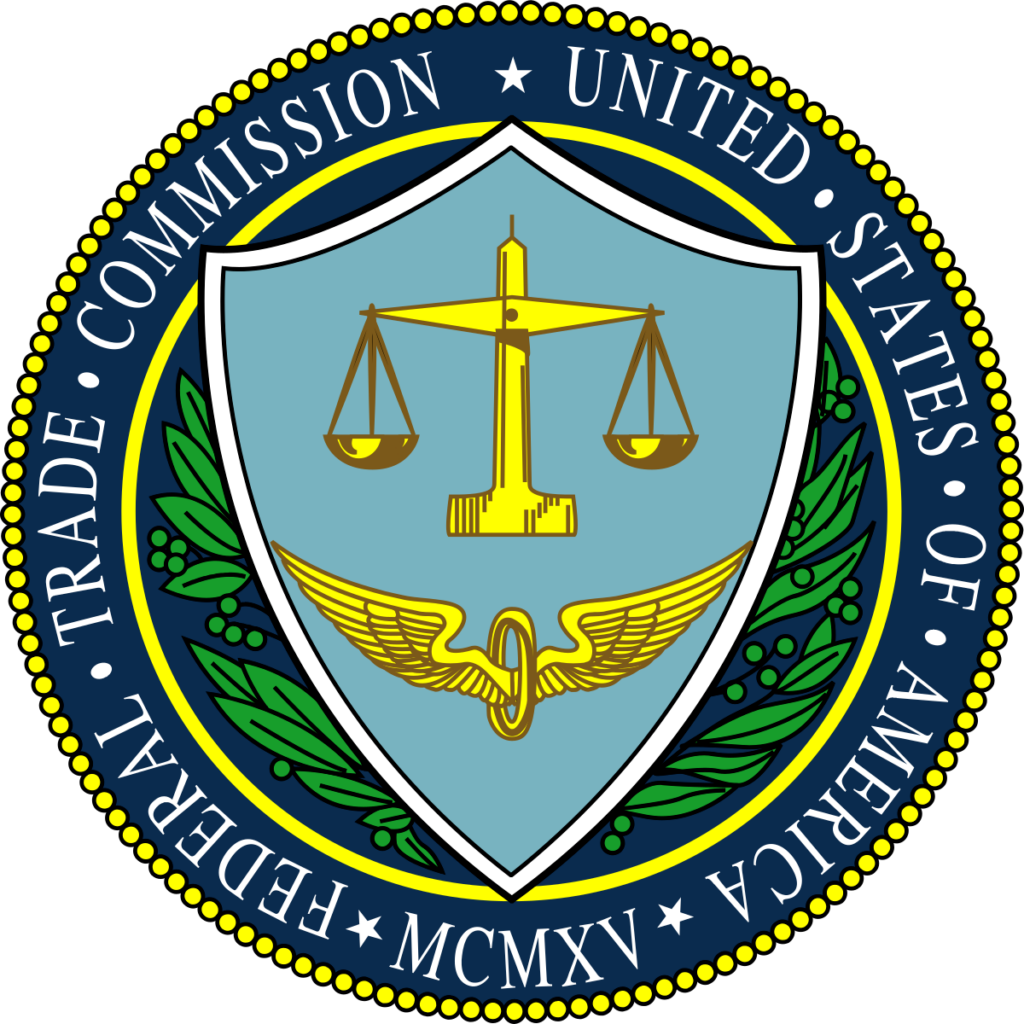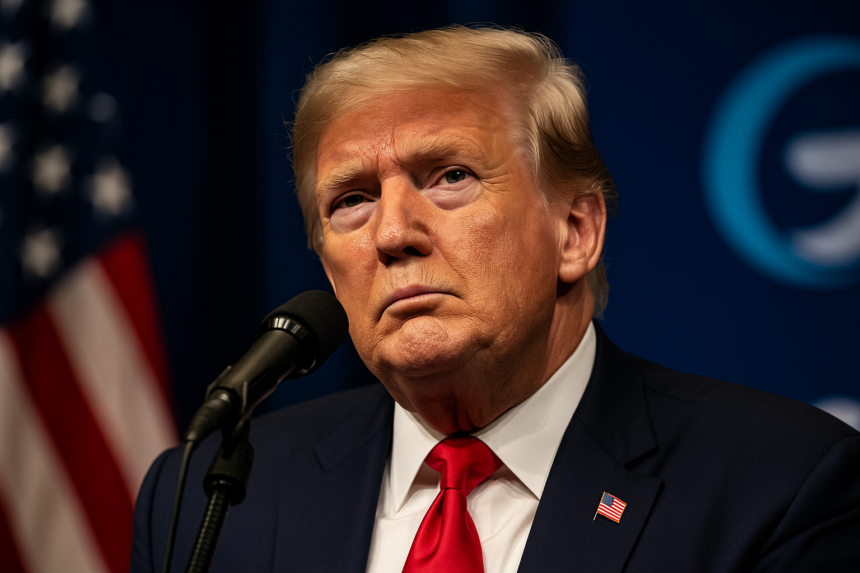The ripple effects of President Trump’s economic policies continue to affect multiple sectors, especially in trade relations. The tariffs imposed during his administration are the focal point of much debate. From Nintendo facing increased production costs to Intel having to make tough decisions about its workforce, the economic toll is visible across industries. These decisions have transformed business landscapes along with lawsuits, fines, and challenges from regulatory bodies like the FTC. The tech industry, in particular, faces a storm of issues, including layoffs, disruptions in global supply chains, and trade uncertainties.
What’s Happening & Why This Matters
Lawsuits and Fines: Tariffs Stir Legal Backlash

President Trump’s import tariffs have been met with a flurry of lawsuits and legal challenges, as several businesses and states attempt to halt or change these trade policies. The consequences of these tariffs are being felt in different sectors, most notably in technology and manufacturing. Companies, especially those with strong ties to international trade, are grappling with the costs of higher import duties and increased shipping charges. For example, Nintendo faces challenges as the Switch 2 struggles to meet the market’s demands, leading to longer wait times and customer confusion. This increase in production costs forces the company to reconsider its pricing and supply chain strategies.
The Nintendo Dilemma: Production Costs Skyrocket

Nintendo is under considerable pressure due to the higher tariffs affecting its Switch and Switch 2 production. The company’s sales have slowed down due to the inflated prices caused by these increased costs, which are passed down to consumers. Retailers such as Best Buy and Target have experienced disruptions in managing their digital queues, which is leading to mounting frustration among customers. Scalpers, too, are capitalizing on the situation, inflating the prices further and disrupting the normal retail flow. Despite these setbacks, Nintendo is working to adapt its strategy, finding new ways to streamline its production processes and manage the cost increases due to the trade war.
Intel’s Layoffs
The ripple effects of Trump’s trade policies also extend to Intel, one of the tech industry’s giants. Intel has announced layoffs due to the economic strain brought on by higher costs of production and supply chain disruptions. With tariffs adding to operational challenges, the company is restructuring to remain competitive. This situation reflects a broader trend in the tech industry, where companies must deal with escalating expenses. The result is significant uncertainty among tech workers and those in related fields as companies adapt to a new business environment defined by tariffs and economic pressures.
U. S. FTC and Antitrust Scrutiny

The Federal Trade Commission (FTC), led by Trump’s appointees, faces a storm of scrutiny amid the ongoing antitrust investigations. The FTC is now at the center of a heated debate over its enforcement actions, especially regarding technology regulation. Trump’s move to dismiss commissioners has raised alarms, as businesses in the tech industry wonder how these changes will impact antitrust practices. With companies like Meta and Amazon now facing a more hostile regulatory environment, questions around antitrust enforcement and government interference in corporate matters have intensified.
TF Summary: What’s Next
The ongoing impact of tariffs, trade wars, and regulations will continue to shape the tech industry’s future. Intel and Nintendo are just a few examples of the broader trend affecting businesses across the board. With the FTC undergoing political scrutiny, the tech sector faces an uncertain path. These issues point to a significant transformation in global trade and how companies must navigate the complex web of government regulations.
— Text-to-Speech (TTS) provided by gspeech


